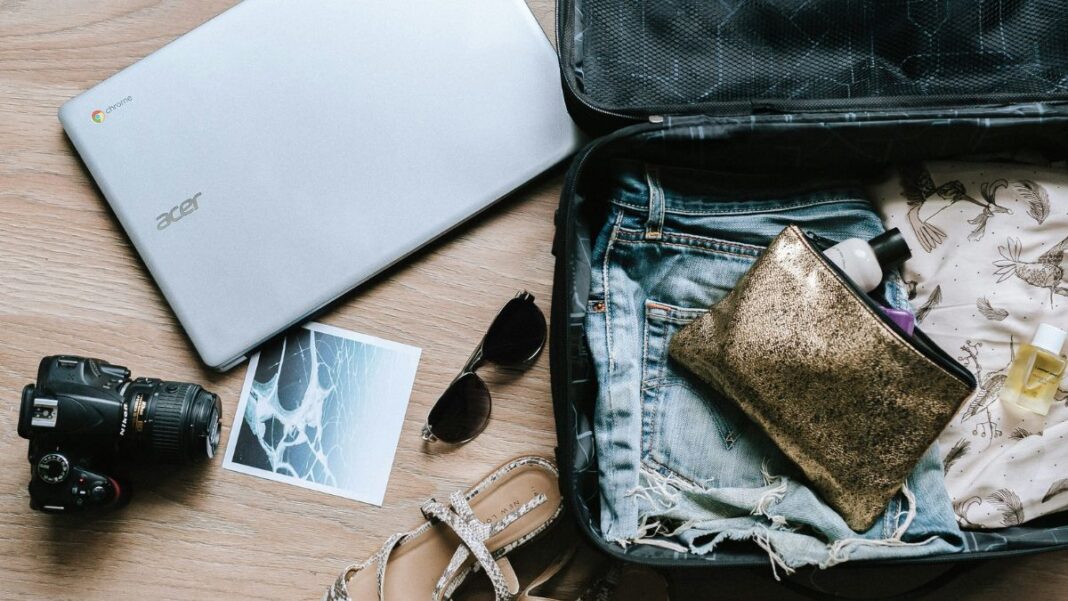Traveling to the Caribbean can be an exciting and unforgettable experience, but it’s important to prioritize your safety while you’re there. The Caribbean is a diverse region with many different countries and islands, each with its own unique culture and customs. As a result, it’s essential to do your research and plan ahead to ensure that you stay safe during your trip.
In this article, we’ll provide you with some helpful tips and advice for staying safe while traveling in the Caribbean. We’ll cover topics such as transportation, accommodation, and general safety precautions that you can take to protect yourself and your belongings. Whether you’re traveling alone or with a group, these tips will help you make the most of your trip while staying safe and secure.
Understanding Caribbean Travel Safety
When planning a trip to the Caribbean, it’s important to take safety into consideration. The region is generally safe for tourists, but it’s always better to be cautious and prepared. Here are some factors to consider when assessing the safety of your Caribbean travel.
Assessing Regional Safety
The Caribbean is a diverse region, and safety can vary depending on the destination. Some areas are more prone to crime than others, so it’s important to research your destination and assess the safety risks. The U.S. Department of State provides travel advisories for each country in the Caribbean, which can be a helpful resource in assessing the safety of your destination.
Weather Considerations
The Caribbean is known for its beautiful weather, but it’s also prone to natural disasters such as hurricanes and tropical storms. These weather events can cause travel disruptions and pose safety risks, so it’s important to be aware of the weather conditions during your trip. Check the weather forecast regularly and follow any safety instructions from local authorities.
Health and Vaccination Information
The Caribbean is home to some infectious diseases, so it’s important to take precautions to protect your health. Make sure you’re up-to-date on routine vaccinations and consider getting additional vaccines for diseases such as hepatitis A and B. It’s also a good idea to pack a basic first aid kit with items such as bandages, antiseptic, and insect repellent.
In summary, the Caribbean is generally a safe destination for tourists, but it’s important to assess safety risks, be prepared for weather events, and take precautions to protect your health. By doing so, you can enjoy a safe and memorable trip to this beautiful region.
Practical Safety Tips for Caribbean Travelers
When traveling to the Caribbean, it is important to take the necessary precautions to ensure your safety throughout your trip. Here are some practical safety tips to keep in mind:
Transportation Safety
When using public transportation, it is important to be aware of your surroundings and keep an eye on your belongings. If you are taking a taxi, make sure it is a licensed one and negotiate the fare before getting in. Avoid hitchhiking or accepting rides from strangers, as this can be dangerous.
Secure Accommodation Practices
When choosing your accommodation, make sure to research the area and check reviews from previous guests. Always lock your doors and windows, and use the safe provided to store your valuables. If you are staying in a hostel or shared accommodation, use a lock to secure your belongings and consider bringing a doorstop to prevent unauthorized entry.
Cultural Awareness and Respect
The Caribbean is a diverse region with many different cultures and customs. It is important to be respectful of these differences and avoid behavior that could be considered offensive. Dress modestly when visiting religious sites, and be aware of local laws and customs, such as not wearing camouflage clothing in some countries.
Managing Valuables and Personal Safety
Keep your valuables, such as your passport and money, in a secure location at all times. Consider carrying a money belt or travel pouch under your clothing to keep these items safe. Avoid carrying large amounts of cash and use credit cards or traveler’s checks instead. Be aware of your surroundings and avoid walking alone at night in unfamiliar areas.
By following these practical safety tips, you can enjoy a safe and memorable trip to the Caribbean. Remember to always be aware of your surroundings and take precautions to ensure your safety.
Frequently Asked Questions
How can travelers ensure their safety when visiting the Caribbean?
The Caribbean is generally a safe place for tourists, but it is always important to take precautions to ensure your safety. Some tips include:
- Research your destination before you go, and be aware of any potential safety risks.
- Keep valuables such as cash, passports, and jewelry in a secure place.
- Avoid walking alone at night, especially in areas that are not well-lit.
- Be cautious of strangers who try to engage you in conversation or offer you unsolicited help.
- Use common sense and trust your instincts.
What precautions should be taken to avoid crime in the Caribbean?
While crime rates vary across the Caribbean, it is always important to take precautions to avoid becoming a victim. Some tips include:
- Avoid carrying large amounts of cash or wearing expensive jewelry.
- Keep your belongings in sight and in a secure place.
- Be aware of your surroundings and stay in well-lit areas.
- Use reputable taxi services and avoid unlicensed taxis.
- Be cautious of strangers who try to engage you in conversation or offer you unsolicited help.
Are there specific islands in the Caribbean that are considered safer for tourists?
While safety risks can vary across the Caribbean, some islands are generally considered safer than others. Aruba, the Bahamas, and the Cayman Islands are among the islands that are considered relatively safe for tourists. However, it is still important to take precautions and be aware of any potential risks.
What measures should one take to protect their health while in the Caribbean?
When traveling to the Caribbean, it is important to take steps to protect your health. Some tips include:
- Drink bottled water and avoid tap water.
- Use insect repellent to protect against mosquito-borne illnesses such as Zika, dengue, and chikungunya.
- Wear sunscreen and protective clothing to avoid sunburn and heatstroke.
- Be aware of any food or water that may be contaminated, and avoid eating raw or undercooked seafood.
What are the recommended practices for dealing with natural disasters in the Caribbean?
The Caribbean is prone to natural disasters such as hurricanes and earthquakes. Some tips for dealing with natural disasters include:
- Stay informed about weather conditions and any potential risks.
- Follow the advice of local authorities and evacuate if necessary.
- Have an emergency kit prepared with essentials such as food, water, and first aid supplies.
- Keep important documents such as passports and insurance information in a secure and waterproof place.
How should tourists handle emergencies when on a Caribbean island?
In the event of an emergency on a Caribbean island, it is important to stay calm and seek help immediately. Some tips for handling emergencies include:
- Know the emergency phone numbers for the island you are visiting.
- Contact your embassy or consulate for assistance if necessary.
- Seek medical attention if you are injured or become ill.
- Report any crimes or safety concerns to local authorities.

